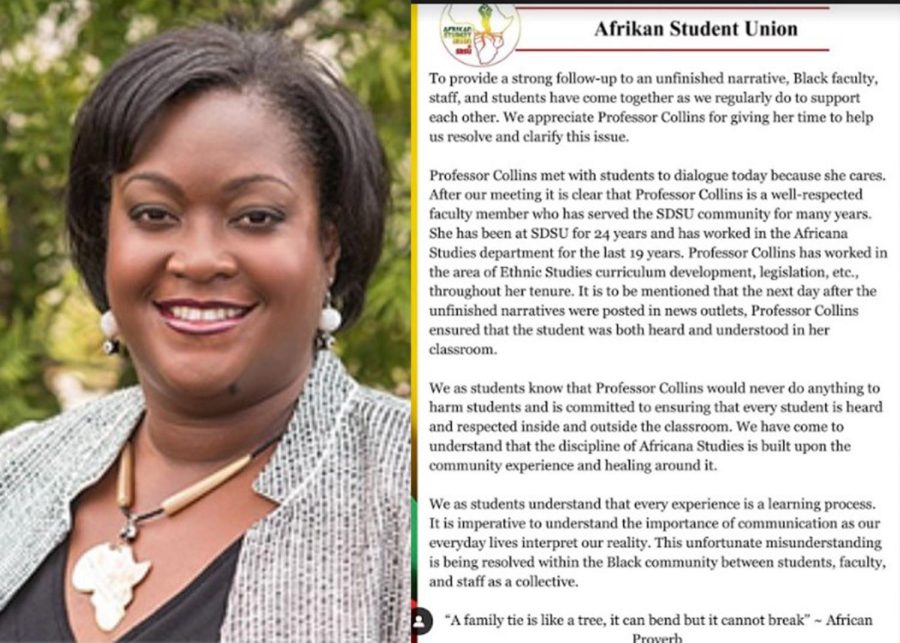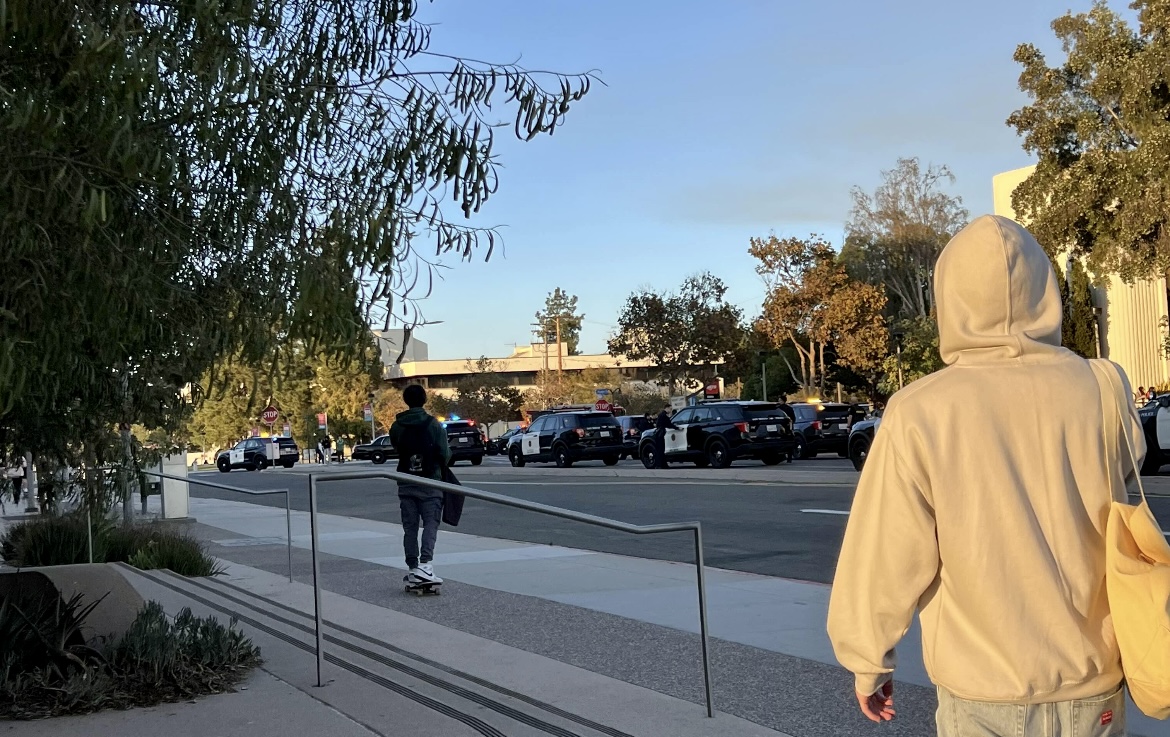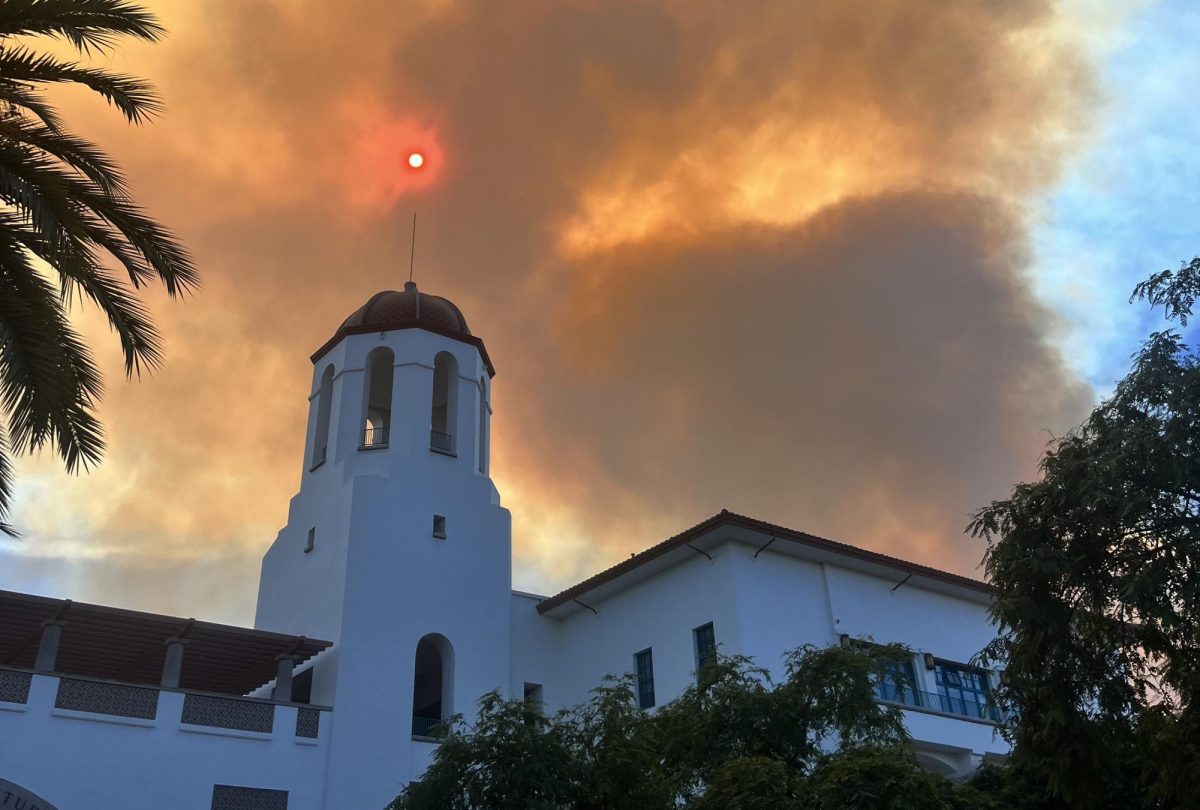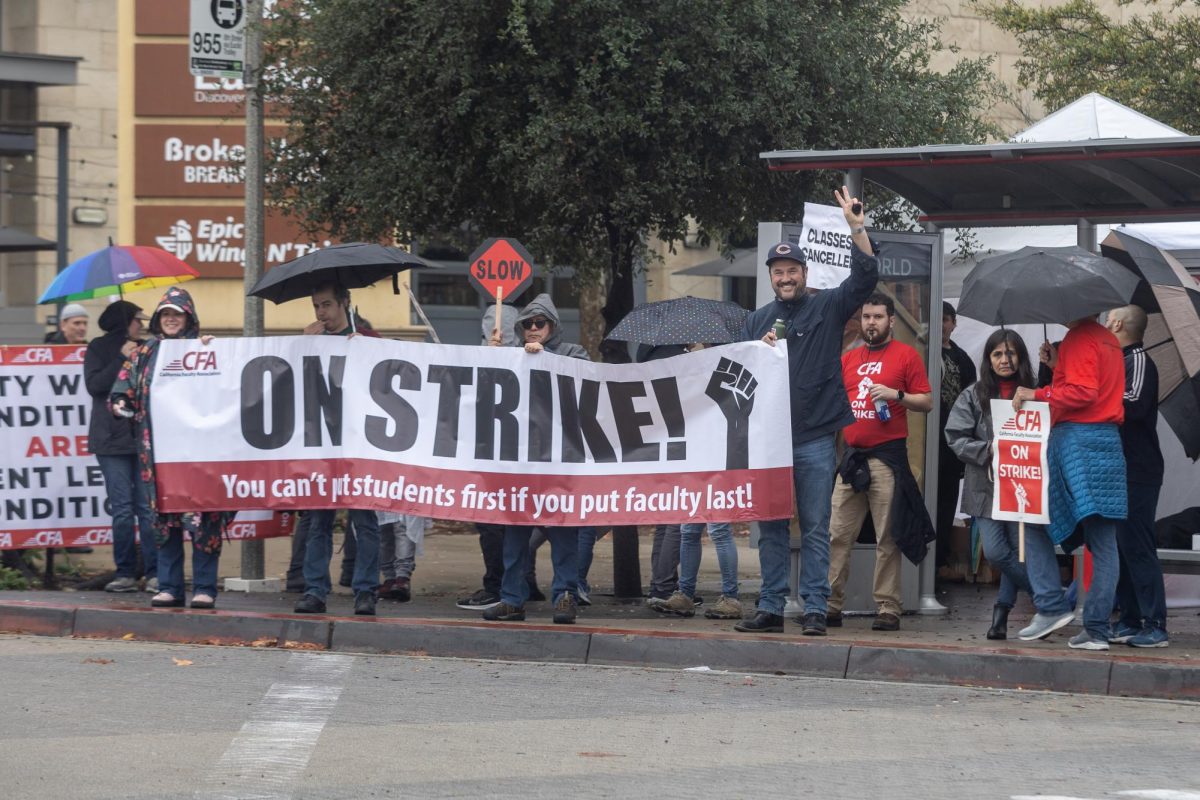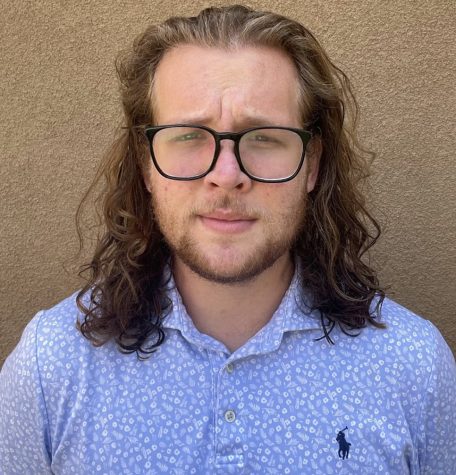San Diego State University Africana Studies Department Chair, Adisa Alkebulan, released an email statement to The Daily Aztec today citing “there was never a requirement (for students) to dress as slaves or speak in “broken English” as has been falsely reported in some news outlets” in regards to the ‘fake slave persona’ assignment that has caused considerable backlash on campus.
Students enrolled in the course have criticized Alkebulan’s statement.
On Oct. 11, Amari Jackson, a student enrolled in Professor LaShae Collins’ African Studies 101 course, posted a description of an assignment requiring students to create a fake slave persona on his Instagram page. The assignment, worth 8% of students’ final grade, was dissaproved by some students in the course.
“Should never have to act like and ‘create a slave persona’ for one of my africana studies classes. But hey, at least my professor canceled the in-class presentations where she wanted us to act and dress in our personas,” Amari Jackson wrote in the caption of his post.
Robbie Jackson, a second-year psychology major and minor in africana studies, said on the first day of classes at SDSU they were told by Collins that it was optional to dress as a slave for the assignment.
According to Robbie, this statement was met with silence in her class.
“Nothing happened, like no one said anything,” Robbie said. “There was no reaction as far as I could tell, and she just continued talking about her expectations for the class, but nobody said anything or did anything.”
A student enrolled in the course, who asked to be unnamed in fear of retaliation from their professor, said Collins told them that students in the past have come to class dressed in “historically accurate” clothing. They said it was implied (by Collins) that it would improve the student’s grade for the assignment.
The use of broken English, which Alkebulan said was not required, has also been disputed by another student.
The unnamed student enrolled in the course also said that Collins “absolutely” encouraged students to use broken English.
“She told us that we needed to make it historically accurate, and stated that slaves were not taught proper English and that they spoke in fragmented sentences,” the unamed student in the course said. “So (Collins said) not to worry about punctuation or grammar.”
The unnamed student sent The Daily Aztec a PDF file, which contained 440 pages of slave narratives. They claim it was used as a resource and example for the assignment.
The PDF showed usage of broken English, “Yes’m, they was slaves, mos’ all the fine work ‘round Wilmin’ton was done by slaves. They called ‘em artisans. Non of ‘em could read, but give ‘em any plan an’ they could foller it to the las’ line,” cited in the first story of the document titled “Memories of Uncle Jackson”.
The unnamed student in the course described the PDF as an “irrefutable” pattern of encouragement by Collins to promote the usage of broken English. The source went on to express their frustration with SDSU’s solidarity with Collins.
“I’m extremely disappointed in the school’s decision to stand by her despite her disgusting actions,” the student enrolled in the course said.
According to the email statement, Collins, Alkebulan, student leaders and African American staff met and engaged in a discussion today regarding the assignment in question.
SDSU Afrikan Student Union issued a statement on Instagram regarding the matter.
“To provide a strong follow-up to an unfinished narrative, Black faculty, staff and students have come together as we regularly do to support each other,” the post stated. “We appreciate Professor Collins for giving her time to help us resolve and clarify this issue.”
The Afrikan Student Union said in an Instagram post that Collins “would never do anything to harm students and is committed to ensuring that every student is heard and respected inside and outside the classroom.”
Other organizations, including SDSU Black Resource Center and African American Task Force stand in solidarity with the Afrikan Student Union.
However, Robbie and the anonymous student enrolled in the course claim they were not notified of the meeting today.
The instagram post by the Afrikan Student Union went on to characterize the situation as an “unfortunate misunderstanding“ and “unfinished narrative.”
While Robbie said they understood how the assignment could have been misconstrued, the feeling of uncomfortability it brought is well-grounded.
“I think that people could have misinterpreted it (the assignment) a different way, but I also think that people are valid in their feelings of discomfort with the assignment,” Robbie said. “And so even if that’s not exactly how the professor meant for the assignment to sound, it still made students uncomfortable to do it, and I think that should be addressed.”
On the contrary, the anonymous student enrolled in the course said that Collins was clear in what she expected from the assignment.
The student union has called for solidarity on the issue while students call for accountability from Collins and the Africana Studies Department. The anonymous student enrolled in the course asked for Collins to apologize for the “slave persona” assignment, and wants her to consider the damaging effects it has on one’s reputation.
“What if someone recorded that presentation, how would that affect someone’s career?” the student enrolled in the course said. “If that got leaked in your professional or social life, that’s a life ruiner.”
According to sources, Collins has not reached out to students since the “slave persona” assignment became viral by Amari Jackson’s post.
Alkebulan declined to further comment on the matter, and said this issue is currently being resolved within the Africana community at SDSU, and warrants no further response from the media at this time.





